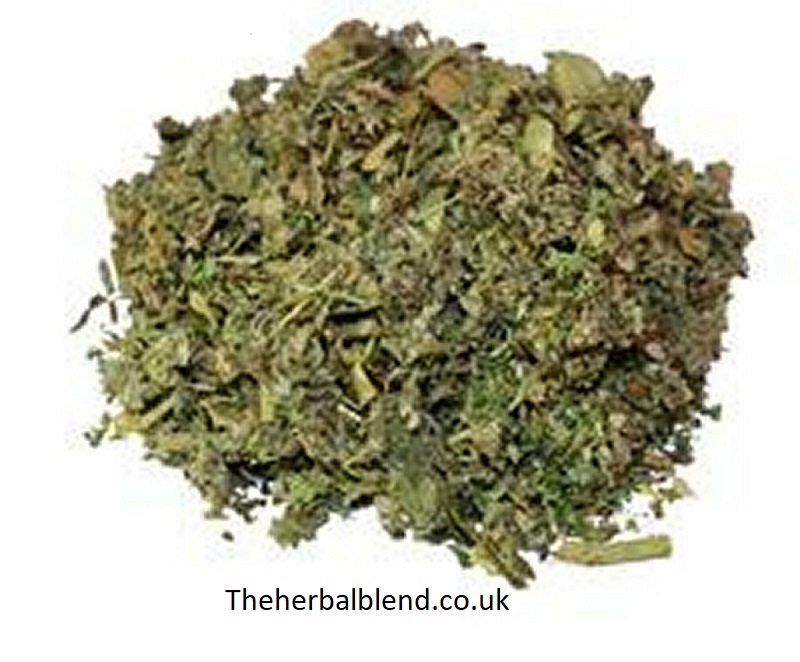Herbal blends have been utilized for centuries as natural remedies for various ailments, including coughs. This blog post delves into the potential benefits of herbal blends in soothing and healing coughs, providing insights into their effectiveness and considerations for those seeking alternative approaches to cough relief.
Soothing Properties of Herbal Ingredients:
Many herbs possess inherent properties that can soothe irritated throats and help alleviate cough symptoms. Ingredients like ginger, licorice, and marshmallow root are often found in herbal blends for their anti-inflammatory and soothing qualities. These natural elements work together to provide relief from coughing, making herbal blends a popular choice for individuals seeking gentle and holistic solutions.
- Do Herbal Blend Tea Have Any Benefits For Your Hair
- Can Herbal Blend Teas Help A Headache?
- Are Herbal Blends Good For The Flu
- Herbal Tea Blend To Help Digestion
- Herbal Blend Tea For Detoxification
Immune Support and Respiratory Health:
Certain herbs are known for their immune-boosting properties, contributing to overall respiratory health. Echinacea, elderberry, and thyme are examples of herbs commonly included in blends for their potential to strengthen the immune system. By supporting the body’s defense mechanisms, these herbal blends may aid in faster recovery from coughs and colds.
Considerations for Herbal Blend Selection:
When considering herbal blends for cough relief, it’s essential to choose blends that align with specific cough symptoms. For dry coughs, herbs with demulcent properties, such as slippery elm, can be beneficial, while blends containing expectorant herbs like mullein may be more suitable for productive coughs. Understanding the unique properties of each herb can help individuals tailor their choices to their specific needs.
Holistic Approach and Professional Guidance:
While herbal blends can offer natural relief, it’s important to adopt a holistic approach to cough management. This includes staying hydrated, getting ample rest, and consulting with healthcare professionals, especially if the cough persists or is associated with an underlying condition. Professional guidance ensures that herbal remedies are integrated into an overall wellness plan that addresses individual health needs.
In conclusion, herbal blends have the potential to play a supportive role in alleviating cough symptoms through their soothing, immune-boosting, and respiratory health-promoting properties. However, individuals should approach their use mindfully, considering the specific herbs in each blend and seeking professional advice for a comprehensive approach to cough relief.

Buy Hebal Blend Mixtures UK
Buy Hebal Blend Mixtures UK – Shop Herbal Blend – Bulk Buy Discounts!
FAQs
1. Can herbal blends completely cure a cough?
- Answer: Herbal blends are often used to alleviate cough symptoms and promote healing, but their effectiveness varies among individuals. They may complement traditional treatments, but complete cure depends on the underlying cause of the cough.
2. Are herbal blends safe for children with coughs?
- Answer: While some herbs can be beneficial for children’s coughs, it’s crucial to choose blends specifically formulated for pediatric use. Always consult with a healthcare professional before administering herbal blends to children, as their developing systems may respond differently.
3. Can herbal blends be used for persistent or chronic coughs?
- Answer: Herbal blends may offer relief for acute coughs, but persistent or chronic coughs require thorough evaluation by healthcare professionals. Herbal blends can be part of a holistic approach, but identifying and addressing the underlying cause is essential for long-term relief.
4. How should individuals choose the right herbal blend for their cough?
- Answer: Consider the nature of the cough—dry or productive—and select herbal blends with appropriate properties. Consult with healthcare professionals to ensure compatibility with existing medications and to address specific symptoms effectively.
5. Are there any side effects associated with using herbal blends for cough relief?
- Answer: While herbal blends are generally considered safe, individual reactions may occur. It’s important to be aware of potential allergies or interactions with other medications. If adverse effects are experienced, discontinue use and consult with a healthcare professional.

Buy Herbs UK
Buy Smokable Herbs In UK – Herbal Blend Herbs For Sale – Free Shipping In UK
